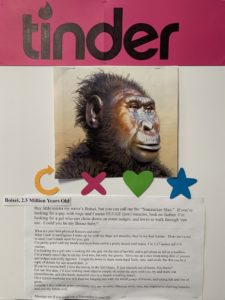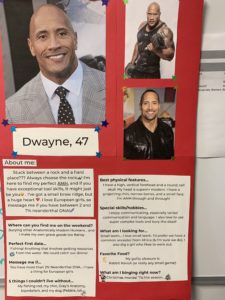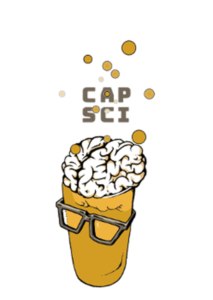 As many of you know I expend a lot of time doing and thinking about science communication and outreach. I founded a Science on Tap series in Grand Rapids, MI when I had my first faculty position at Grand Valley State University. I remember the first event – only 12 people showed up. It took time, but the audience grew with every event. My final Science on Tap before moving to a new position in Albany, NY, drew a crowd of over 300 people. We had to turn people away at the door…for a science event…in a local pub! Granted, I had brought in the county medical examiner – turns out people really love hearing how other people die.
As many of you know I expend a lot of time doing and thinking about science communication and outreach. I founded a Science on Tap series in Grand Rapids, MI when I had my first faculty position at Grand Valley State University. I remember the first event – only 12 people showed up. It took time, but the audience grew with every event. My final Science on Tap before moving to a new position in Albany, NY, drew a crowd of over 300 people. We had to turn people away at the door…for a science event…in a local pub! Granted, I had brought in the county medical examiner – turns out people really love hearing how other people die.
As this event grew, so too did my suspicions that Science on Tap was not reaching the audience I hoped it would reach – an audience that was mistrusting in science. I had always envisioned this event as a mechanism to change the hearts and minds of a doubting public.
When I moved to Albany, NY, I founded a Science on Tap series there as well. I hadn’t initially planned on it, but the 2016 election put into sharp focus that we need more outreach, not less. That series eventually merged with the March for Science effort to form a nonprofit organization – CapSci. Despite great support and very large audiences, I still had my concerns about who that audience was and if I was really achieving the goal of improving trust in science and scientists.
That February, I attended the SEEPS meeting where I presented on my outreach efforts, and serendipitously met Pat Hawley. I told her about Science on Tap, and that I suspected it was just preaching to the choir. “Let’s find out!” she exclaimed. And, so began a wonderful collaboration. Pat has done lots of work on science education and educational psychology. She designed a survey that looked at demographics, religious affiliation, political affiliation, trust in science, and level of scientific knowledge and I implemented the data collection. We collected data from 10 different Science on Tap events that covered a range of topics from climate change to dark matter. We wanted to know who was attending these events and how event attendance impacted trust in and knowledge of science.
That publication just came out!
Here are the big take aways:
- My suspicions were confirmed! We are preaching to the choir – people who are already interested in and trust science attended
- We need to assess outreach efforts to determine if we are reaching our intended audience and our intended goal
- We need to work creatively to reach those who mistrust science because they are unlikely to attend events like Science on Tap
- Knowledge about the nature of science decreased after attending an event! That’s not good, but we think a part of that is how we as scientists explain (or don’t) uncertainty in our work. Uncertainty in everyday life is rarely a good thing, and people transfer those negative feelings when they hear about uncertainty in science
Recommendations based on this work:
- Embrace & explain uncertainty in science – we need to make clear that uncertainty is standard in our work, and it is what drives our questions and innovations
- Make personal connections…why science matters in ever day life. People will care about the science if they know how it affects them
- Hone communication skills…get rid of jargon – we need to be better at speaking to a wide range of audiences, not just our academic colleagues
- Know your audience & know your goal – and the best way to do this is to conduct similar types of assessment in your own outreach efforts
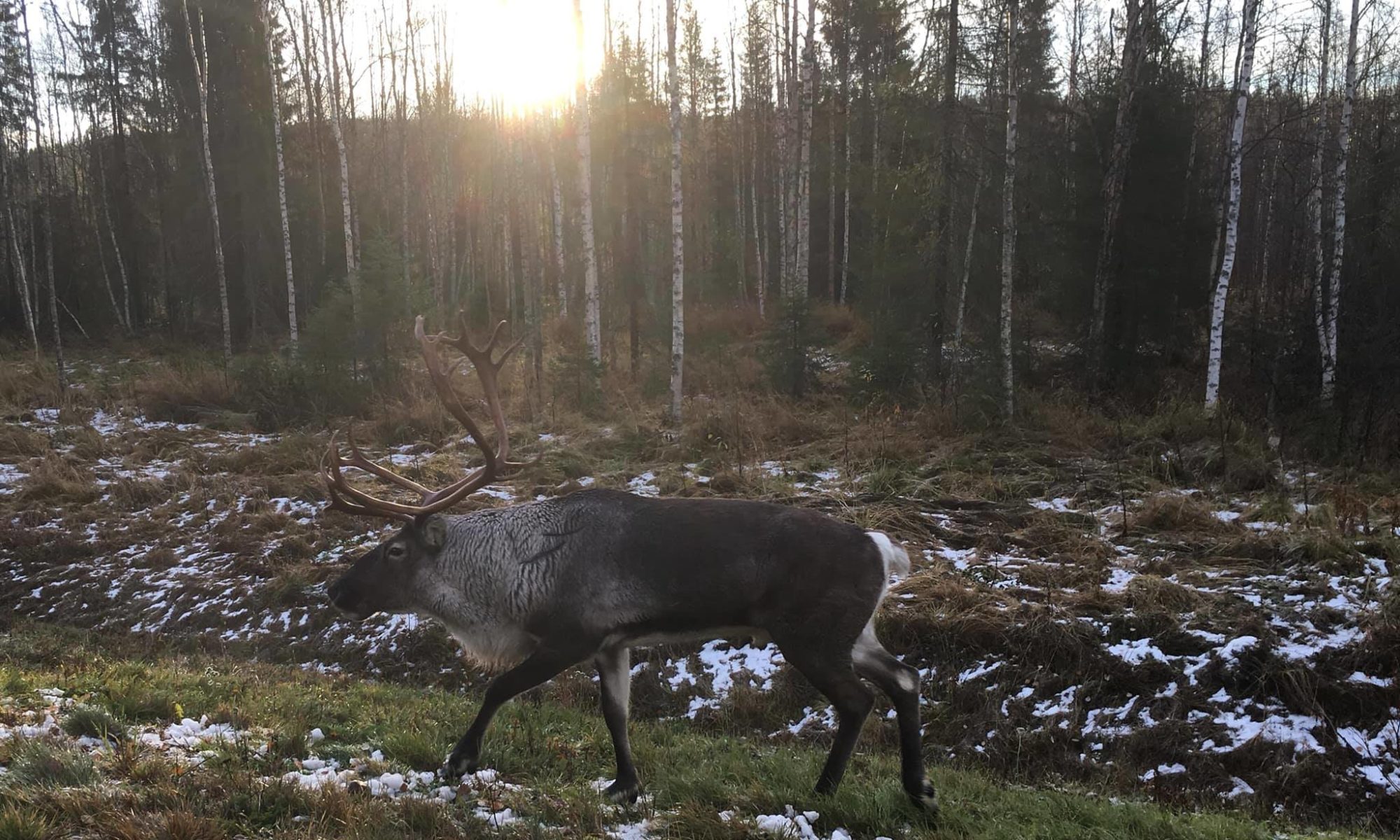
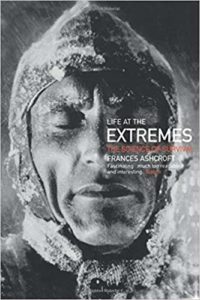 Hey, all,
Hey, all, 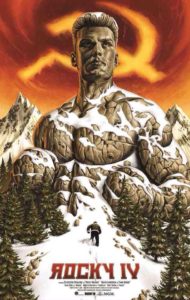
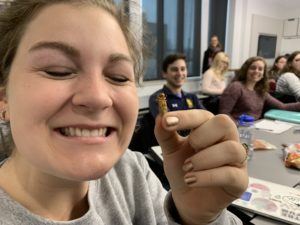
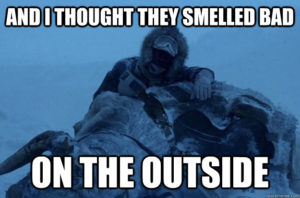
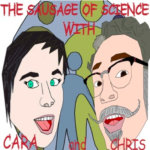 Have a listen to the latest installment of #Hackademics, our special series within the Sausage of Science podcast. In this episode we talk about the importance of science communication, how to go about it (especially if you are new to the field), and why you should pitch your science story to folks like our guest Scientific American journalist,
Have a listen to the latest installment of #Hackademics, our special series within the Sausage of Science podcast. In this episode we talk about the importance of science communication, how to go about it (especially if you are new to the field), and why you should pitch your science story to folks like our guest Scientific American journalist, 